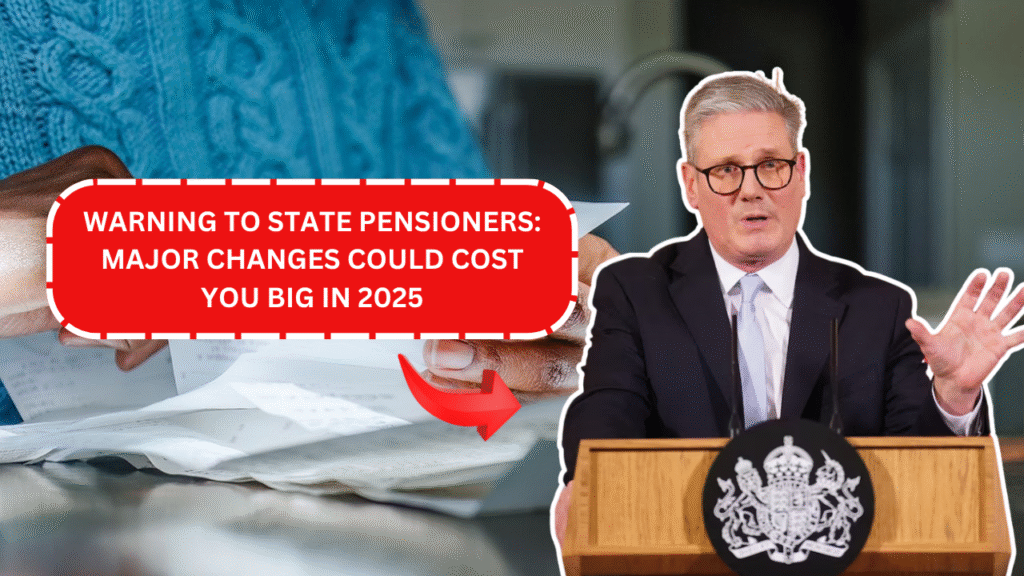The UK government has outlined significant changes to the Personal Independence Payment (PIP) and Universal Credit systems, which are set to take effect in 2026. These changes, part of a broader welfare reform strategy, will impact millions of claimants across the country. The Department for Work and Pensions (DWP) is pushing forward with new eligibility criteria and payment structures aimed at reducing the overall welfare bill, while encouraging those on benefits to seek employment where possible. However, these reforms have stirred debate, with some critics arguing that they will disproportionately affect vulnerable groups.
Key Dates and Changes
November 2026: PIP Daily Living Component Eligibility
One of the most significant changes involves the eligibility criteria for the PIP Daily Living Component. As of November 2026, claimants will need to score at least 4 points in one daily living activity and 8 points overall to qualify for this component. This is a shift from the current system, which provides greater flexibility for claimants. The change is expected to impact over 150,000 people, with approximately 800,000 individuals predicted to lose eligibility by 2029/30. This reform is part of the government’s drive to tighten eligibility and ensure that only those who genuinely need support continue to receive it.
April 2026: Universal Credit Health Element
In another crucial change, the health element of Universal Credit for new claimants who are deemed unfit to work will be reduced to £50 per week, down from £416.19. This reduction is a significant cut to the support provided to individuals with health conditions that affect their ability to work. The new rate will be frozen until 2030, impacting many individuals who rely on this financial support for their daily living expenses. The government justifies this decision as part of broader cost-saving measures, but critics argue that this will push vulnerable individuals further into poverty.
April 2026: Universal Credit Standard Allowance Increase
On a more positive note, the government has announced an increase in the standard allowance for Universal Credit claimants. Starting in April 2026, the standard allowance will rise by £14 per week. This increase is designed to offer additional support to low-income individuals and families who are struggling with the rising cost of living. While critics may point out that this increase does not compensate for the significant cuts in other areas, it is seen as a step toward mitigating some of the financial pressures faced by claimants.
Universal Credit Managed Migration
Another major development is the acceleration of the managed migration process for legacy benefit claimants. The DWP has now set a new deadline for the completion of this migration: March 2026. This is two years earlier than initially planned. This change means that individuals who are currently receiving legacy benefits such as Income Support, Housing Benefit, and income-related Employment and Support Allowance will be required to apply for Universal Credit by the new deadline. Claimants will receive migration notices and will have three months to apply for Universal Credit after receiving the notice.
Failure to apply for Universal Credit within this timeframe may result in the cessation of current benefits, making it essential for claimants to act promptly. The DWP has stated that those who fail to transition to Universal Credit will lose access to vital financial support.

Government Rationale and Criticism
The government has defended these reforms by stating that they are necessary to reduce the welfare bill and encourage greater participation in the workforce, particularly among individuals with disabilities or long-term health conditions. However, these reforms have faced significant criticism from various quarters.
Over 40 Labour MPs have expressed their opposition to the cuts, describing them as “impossible to support.” Critics warn that these changes will disproportionately affect vulnerable individuals, including those with mental health conditions and severe disabilities. Many argue that reducing financial support for people who are unfit to work could push them further into poverty, making it even harder for them to find stable employment or improve their living conditions.
What You Should Do
If you are currently receiving legacy benefits or are on PIP or Universal Credit, it’s essential to stay informed about the upcoming changes and how they will affect you. The DWP will begin sending out migration notices to legacy benefit claimants in 2025. If you receive one of these notices, you will have three months to apply for Universal Credit.
Additionally, individuals receiving PIP and Universal Credit should be aware of the adjustments to eligibility criteria and payment structures. Affected claimants may want to seek advice from local support organizations such as Citizens Advice to understand how the changes may impact them and what steps they can take to mitigate the effects.
Final Thoughts
The changes to PIP and Universal Credit scheduled to take place in 2026 will have far-reaching implications for many people across the UK. While the government argues that these reforms are necessary to curb public spending and encourage more people to enter the workforce, critics believe they will harm vulnerable individuals who rely on these benefits for their daily survival. As the government moves forward with these reforms, it will be crucial for affected claimants to stay informed and take necessary actions to secure their financial future.









